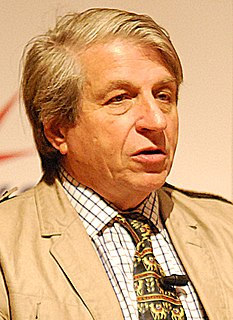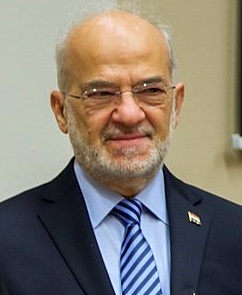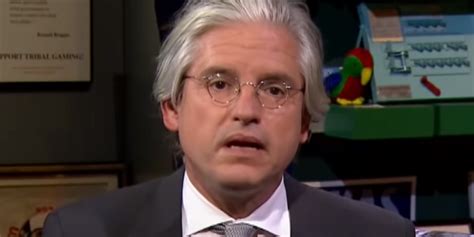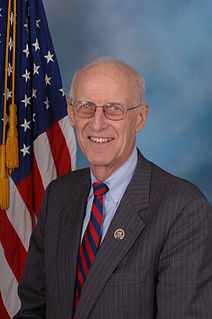A Quote by Bernie Sanders
I think, while it is true that the Hillary Clinton and I voted differently on the war in Iraq, what is important is that we learn the lesson of the war in Iraq. And that lesson is intrinsic to my foreign policy if elected president, is the United States cannot do it alone. We cannot be the policeman of the world. We are now spending more I believe than the next eight countries on defense. We have got to work in strong coalition with the major powers of the world and with those Muslim countries that are prepared to stand up and take on terrorism.
Quote Topics
Alone
Believe
Cannot
Clinton
Coalition
Countries
Defense
Differently
Eight
Elected
Foreign
Foreign Policy
Got
Hillary
Hillary Clinton
I Believe
Important
Intrinsic
Iraq
Learn
Lesson
Major
More
Muslim
Next
Now
Policeman
Policy
Powers
Prepared
President
Spending
Stand
Stand Up
States
Strong
Take
Terrorism
Than
Think
Those
True
United
United States
Up
Voted
War
We Cannot
While
Work
World
Related Quotes
I voted against the war in Iraq. I voted against the first Gulf War. I think war is the last resort - the last option of a great military power like us. I think that we need to focus on building coalitions. Yes, ISIS must be destroyed. But it should be destroyed by a coalition of Muslim nations on the ground with the support of the United States and the other major powers in the air and in training the troops there.
The reality is that [Barack] Obama has some 15 countries in the current Libya coalition. President Bush put together close to 50 countries for the Afghan coalition, some 40 countries for the Iraqi coalition, more than 90 countries for the Proliferation Security Initiative and over 90 countries in the Global War on Terror.
I want to break up the Wall Street banks. Hillary Clinton doesn't. I want to raise the minimum wage to 15 bucks an hour. She wants $12 an hour. I voted against the War in Iraq. She voted for the War in Iraq. I believe we should ban fracking. She does not. I believe we should have tax on carbon and deal aggressively with climate change. That is not her position.
Iraq is not only fighting to defend itself, but also to defend all countries of the world, especially as these foreign fighters that are fighting for Daesh, they come from more than 100 countries. So, very humbly, we say that we are defending ourselves and all countries of the civilized world, and we are defending democracy.
Because the US has control of the sea. Because the US has built up its wealth. Because the US is the only country in the world really not to have a war fought on its territory since the time of the Civil War ... Therefore we can afford mistakes that would kill other countries. And therefore we can take risks that they can't ... the core answer to why the United States is like this is we didn't fight World War I and World War II and the Cold War here.






























